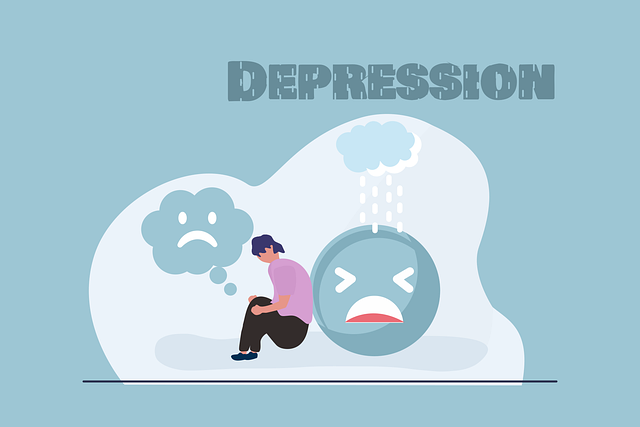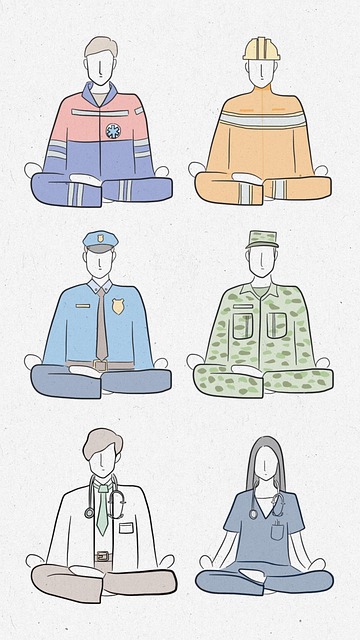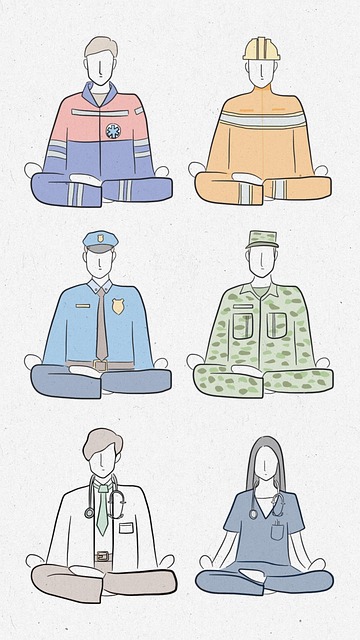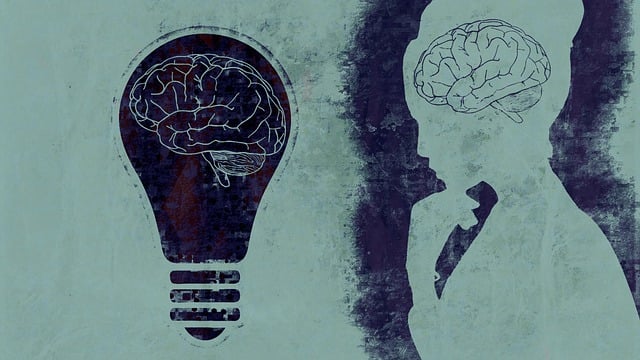Mental wellness is a critical but often overlooked aspect of childhood cancer treatment. This text emphasizes the need to recognize and address the emotional challenges faced by young patients, many of whom struggle with anxiety and sadness due to their condition. It introduces therapy as a powerful tool for managing symptoms like depression and promoting coping mechanisms through mind-over-matter principles. Stress management workshops within pediatric care settings are also suggested to empower both children and families during cancer treatment. The current assessment tools for mental health in pediatric cancer patients lack sensitivity and specificity, failing to accurately detect the nuanced emotional needs of young children. Emerging research advocates for compassion cultivation practices as a revolutionary approach, while tailored self-assessment tools incorporating evidence-based practices like mindfulness meditation offer more accurate gauging of mental wellness. Integrating therapy into these frameworks enhances assessments, providing deeper insights into cancer's psychological impact on children and enabling early detection and intervention for improved therapeutic outcomes.
Mental wellness self-assessment tools play a crucial role in identifying and addressing emotional challenges in young children, especially those facing cancer and its related issues. This article delves into the development of such tools, exploring key aspects like understanding mental wellness in young children and the unique impacts of cancer on their development. We discuss current assessment tools for pediatric mental health and provide insights into designing self-assessment tools tailored to cancer-affected youngsters. Additionally, we highlight the integration of therapy into these evaluation frameworks to enhance support for vulnerable kids.
- Understanding Mental Wellness in Young Children
- The Impact of Cancer on Childhood Development
- Current Assessment Tools for Pediatric Mental Health
- Designing Self-Assessment Tools for Cancer-Affected Youngsters
- Integrating Therapy into Self-Evaluation Frameworks
Understanding Mental Wellness in Young Children

Mental wellness is a crucial aspect of a child’s overall development, especially for those facing challenges like cancer. Young children often struggle to express their emotions and thoughts, making it essential for caregivers and professionals to be attuned to subtle signs of distress. Understanding mental wellness in this demographic involves recognizing that even at a young age, kids can experience anxiety, fear, and sadness, which may be heightened by serious health conditions.
Cancer issues in children often require not only medical treatment but also psychological support. Therapy for young cancer patients focuses on managing symptoms like depression prevention, using mind over matter principles to help them cope with the stress of their diagnosis and treatment. Stress management workshops within organizations specializing in pediatric care can empower both children and their families to navigate this challenging landscape.
The Impact of Cancer on Childhood Development

Cancer’s impact on childhood development is profound and multifaceted. Young children diagnosed with cancer often face significant challenges that extend beyond physical treatment. The emotional turmoil, uncertainty, and adjustments to their new reality can significantly affect their mental wellness. Therapy for young children with cancer issues is crucial in addressing these complexities. Mental wellness coaching programs development specifically tailored for this demographic can help mitigate the adverse effects of diagnosis and treatment.
Risk management planning for mental health professionals plays a vital role in supporting these vulnerable individuals effectively. By fostering positive thinking and implementing evidence-based strategies, mental wellness self-assessment tools can empower children to navigate their journey. These tools not only assist in identifying emotional struggles but also promote coping mechanisms, enhancing their overall resilience.
Current Assessment Tools for Pediatric Mental Health

The current landscape of mental health assessment tools for pediatric populations, particularly those facing cancer issues, is evolving rapidly. Traditional methods often lack sensitivity and specificity in detecting nuanced emotional and psychological needs among young children. This gap highlights the urgent need for innovative approaches that cater to the unique challenges of childhood cancer patients.
Existing assessments may not adequately capture the impact of life-threatening illnesses on a child’s mental wellness, especially when considering the complex interplay of fear, uncertainty, and treatment-related side effects. However, emerging research points towards the potential benefits of compassion cultivation practices in fostering mental health awareness and resilience among these vulnerable groups. Integrating such practices into assessment tools could revolutionize therapy for young children with cancer issues, promoting not just survival but also overall well-being.
Designing Self-Assessment Tools for Cancer-Affected Youngsters

Designing self-assessment tools for young children affected by cancer is a specialized task that requires careful consideration of both their unique circumstances and developmental stage. These tools must be adapted to be accessible, engaging, and relevant to young minds, while also providing accurate assessments of mental wellness amidst the challenges they face. Incorporating evidence-based techniques such as mindfulness meditation can offer valuable insights into emotional well-being promotion.
By integrating these practices within self-assessment frameworks, healthcare professionals can better understand the psychological impact of cancer on children. Such tools enable early detection and intervention, potentially enhancing therapeutic outcomes for young patients. This is particularly crucial in a field where traditional therapy for young children with cancer issues may not always be effective in addressing their specific emotional and mental wellness concerns.
Integrating Therapy into Self-Evaluation Frameworks

Integrating therapy into self-evaluation frameworks is a significant step towards enhancing mental wellness assessments, especially for vulnerable populations like young children facing cancer issues. Therapy plays a pivotal role in mood management and empathy building strategies, which are crucial components of comprehensive mental health evaluations. By incorporating therapeutic techniques, these frameworks can provide more nuanced insights into the emotional well-being of children battling cancer.
This approach ensures that not only are standard risk assessments for mental health professionals conducted but also that therapeutic interventions are tailored to address specific challenges faced by young patients. Such integration allows for a holistic understanding of the child’s mental state, fostering better support systems and care plans. This is particularly vital in navigating the complex emotional landscape that often accompanies cancer diagnosis and treatment.
The development of mental wellness self-assessment tools tailored for cancer-affected young children is a significant step towards addressing critical pediatric mental health concerns. By integrating insights from understanding childhood development and the impact of cancer, these tools can enhance early identification of mental wellness issues in this vulnerable population. Further research and collaboration between healthcare professionals, educators, and families are essential to refine and validate these assessments, ensuring they provide valuable support for therapy and improved outcomes for young children navigating cancer-related challenges.








